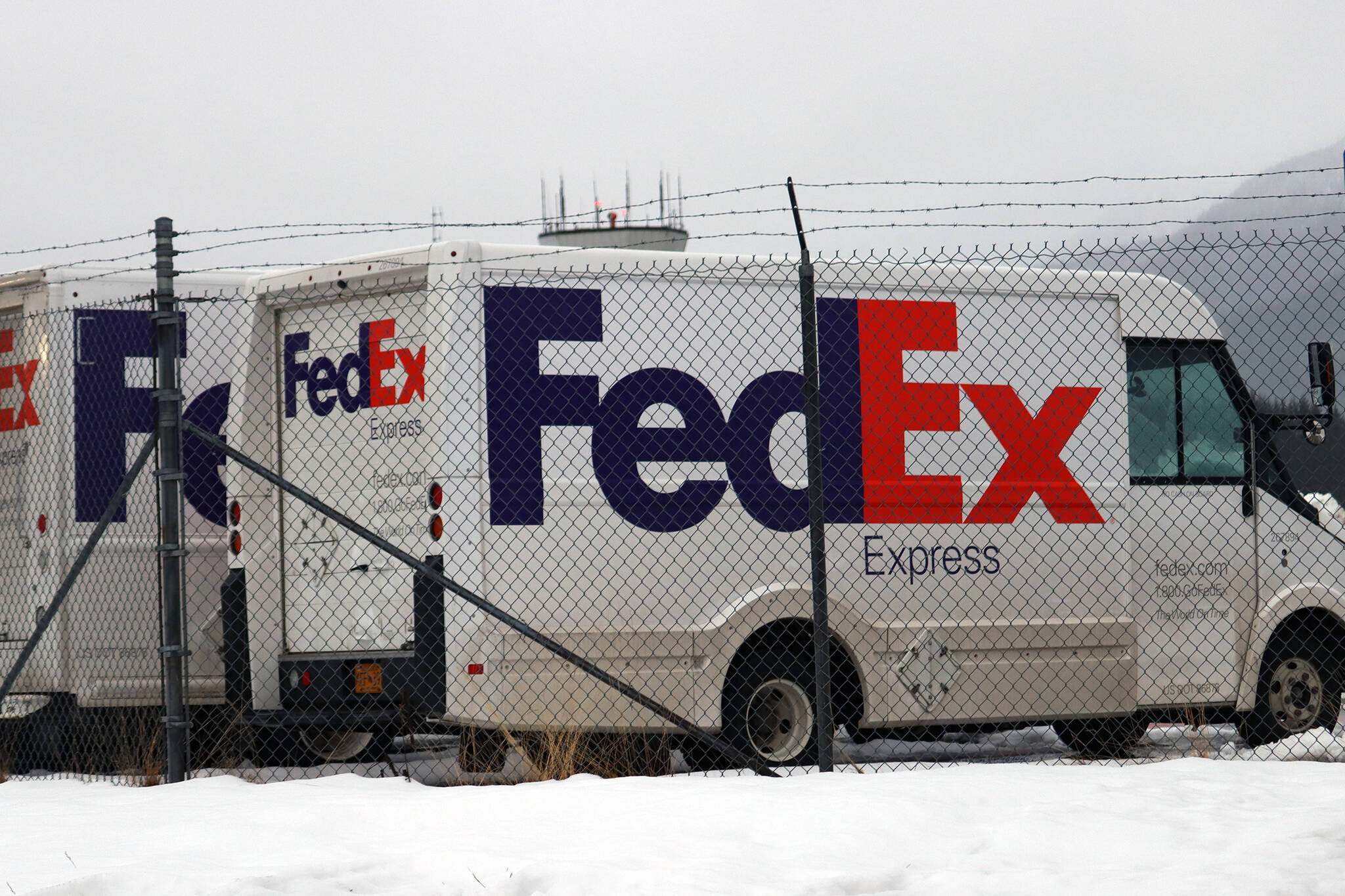Whether you prefer to shop mortar and brick or buy with a click, your sales tax is going to the City and Borough of Juneau this holiday season.
For the second year, online purchases will be subject to the same 5% CBJ sales tax rate applied to local purchases.
Juneau was among the first communities in Alaska to start collecting the tax after the United States Supreme Court cleared the way for local governments to collect sales tax on orders shipped to a customer even if the business didn’t have a physical presence in the state.
[Small businesses still struggling due to pandemic’s effect on travel]
Since the city started collecting tax on online purchases through the Remote Sellers Tax in March 2020. Since then, it’s turned into a stream of revenue that accounts for about $200,000 a month, according to Jeff Rogers, CBJ finance director.
“It started as a trickle, but we collected about $1.8 million dollars from the time we started until the end of June 2021, when the fiscal year ended,” Rogers said in a phone interview Monday morning.
Rogers expects revenue to exceed $2 million this fiscal year and said it could be closer to $2.4 million or $2.5 million—or about 4% of the roughly $50 million the city brings in through sales tax during a typical year.
“Last year, December was our largest month for remote sales tax,” Rogers said. “It’s probably going to be the same this year. We expect a big holiday spending season.”
Last week, the Associated Press reported a solid start to the holiday shopping season, prompting many economists to predict that holiday shopping will jump by a record amount this year, as consumers are “buoyed by solid hiring, healthy job gains, and substantial savings stemming from government relief.”
[City seeks to tax onboard purchases]
Rogers said the remote seller tax might feel like new revenue, but it’s not.
“It’s more accurate to say that it’s replacing revenue lost when people started shopping online,” he said. “A few years ago, if I needed a lamp, I went to a local vendor and bought one. As we started buying more stuff online, sales were diverted from local sellers to online sellers.”
To Rogers, taxing online sales is a matter of equity and tax fairness.
“The goal was to even the playing field between Main Street booksellers and Amazon. We were making that challenge 5% harder for the local retailer when we did not tax online sales. We thought this is the right thing to do to level the playing field for local retailers who wouldn’t have to overcome a discount that came with shopping online,” he explained.
• Contact reporter Dana Zigmund at dana.zigmund@juenauempire.com or 907-308-4891.

